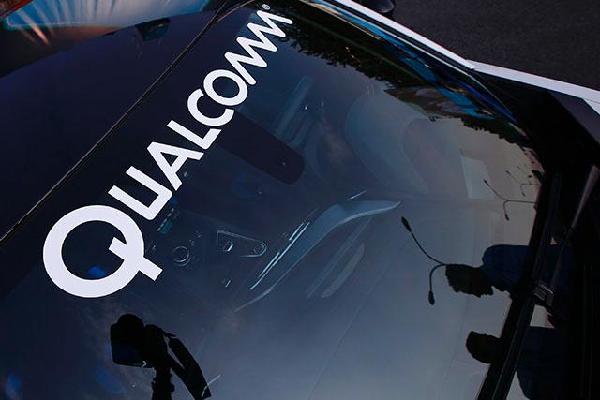How Qualcomm got involved in China's antitrust probes
- By Zhang Lulu
 0 Comment(s)
0 Comment(s) Print
Print E-mail China.org.cn, October 16, 2014
E-mail China.org.cn, October 16, 2014
|
|
|
The world's mobile phone chip market is currently valued between US$16 and US$19 billion, half of which is taken in by Qualcomm. [File photo] |
Controversy
Multinational companies often have major patents which enable them to establish unfair trade conditions when doing business with developing countries, and an antitrust probe is a way of combating this trend. Every country must choose between its intellectual property policies and anti-monopoly policies, said Xu Mingyan, a legal expert with the United Nations Conference on Trade and Development.
The protection of intellectual rights should consider both the development opportunities afforded to less-developed countries and the potential for the exploitation of their companies and consumers, Chinese Premier Li Keqiang once said.
For China's young antitrust authority, the most difficult part of the Qualcomm case lies in trimming down its patent licensing fees and determine the percent of revenue for the products.
"The NDRC's eventual plan should be acceptable to Qualcomm, otherwise the company will challenge the decision in court," said an industry insider.
The NDRC's probe has also attracted much debate in China. An antitrust law PhD candidate Liu Xu has made his analysis and comments on China's social media, attracting some attention. He raised the point that, if Qualcomm does not charge patent licensing fees under the 4G system like it did with the TD-SCDMA China Mobile phones during the 3G era, it will be unfair to Huawei and ZTE which have paid a colossal amount of money on patents in order to edge into the global market. Companies that do not have the core technology but have lower patent fees to pay will not be interested in R&D, and will therefore resort to a price war with Huawei and ZTE.
Penalty
Antitrust penalties vary from country to country. Whereas the European Union fines companies on the basis of their global revenues from all their products, China only calculates a company's revenue made on the Chinese market and on monopoly-related products.
A more flexible solution that does not include heavy fines may be reached concerning Qualcomm's business model, insiders noted.
The NDRC may cut down the percent of the revenue of a whole device which Qualcomm is allowed to charge, or the organization might allow Qualcomm to charge on the chip while lowering its price. The patent fees may be lowered by 10 to 30 percent.
China's probe against Qualcomm may not be the last, though. Some mobile phone manufacturers have revealed that the EU is relaunching a probe against the company.







Go to Forum >>0 Comment(s)